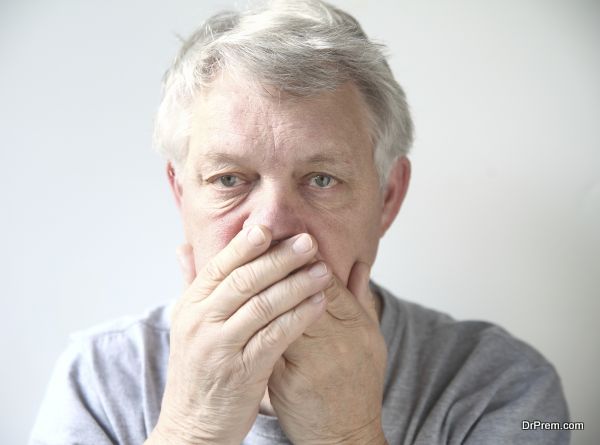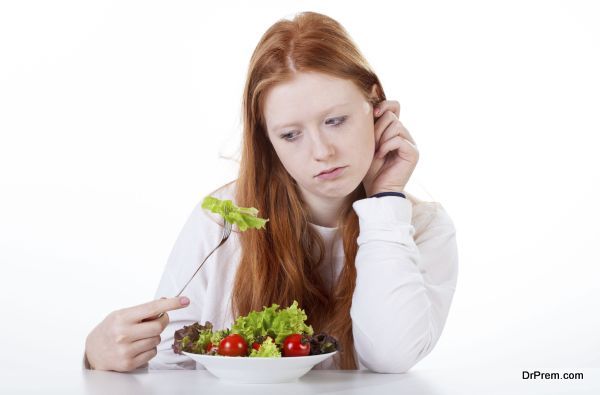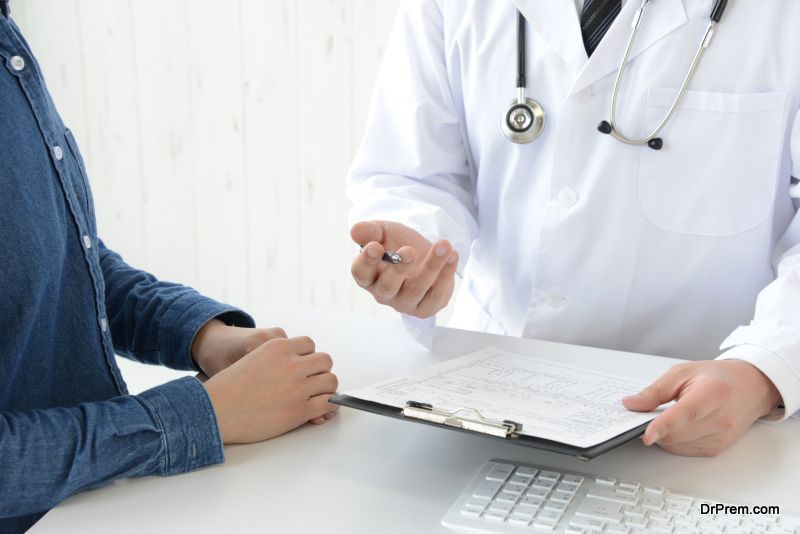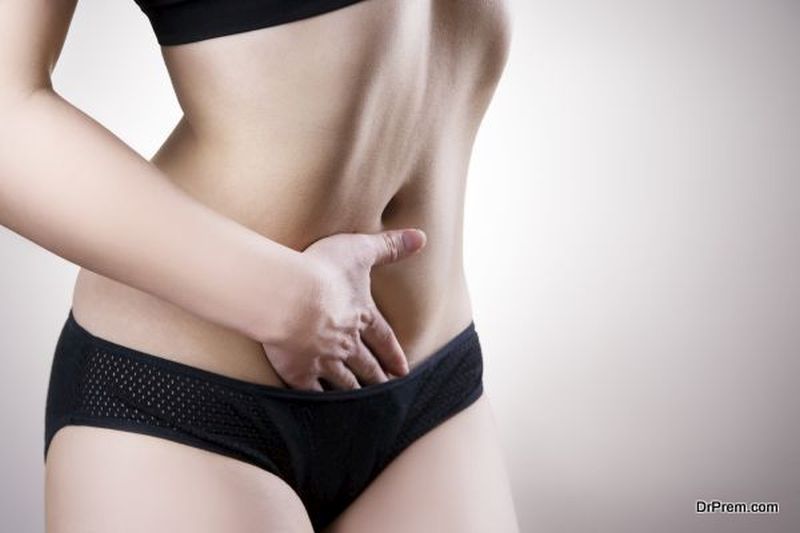Your stomach is both resilient and sensitive. It’s where all of your food is digested and turned into either fuel or waste. Because your stomach has so many functions and responsibilities, there are countless complications it can encounter. Here are the most common medical conditions associated with your stomach and treatment options.
GERD

GERD is another name for acid reflux and it also stands for gastroesophageal reflux disease. Sufferers of GERD experience heartburn type symptoms of burning in their chest and throat. That’s because GERD is a digestive disease where stomach bile or acid irritates the food pipe lining. GERD is a chronic condition occurring more than twice a week. For those who only suffer from this condition sporadically, it’s known as GER – gastroesophageal reflux. Some warning signs that you may have GERD include:
- Heartburn
- Bad breath
- Respiratory issues
- Difficulty swallowing
There are some relatively common causes of GERD including obesity, pregnancy, tobacco use, and a reaction to certain medications. Most of these causes are related to excessive abdominal pressure and cause the flap at the top of the esophagus to open, allowing stomach acid and bile to escape the stomach. When this acid backs up into the esophagus it can cause extensive tissue damage. Other complications include:
- Esophagitis
- Esophageal stricture
- Barretts Esophagus
GERD is often treated through the use of medication before surgery. Some medications include H2 blockers, prokinetics and antacids. If there options are ineffective, certain surgical procedures are available including endoscopic procedures and fundoplication.
Celiac Disease

Celiac disease is a result of the body’s resistance to gluten. There are currently 3 million Americans suffering from celiac disease. Gluten is a protein found most commonly in wheat, rye and barley products. For sufferers, ingesting gluten causes inflammation in the stomach, damaging the lining of the small intestine. This can cause pain, bloating, and diarrhea. Celiac disease also prevents the body from absorbing important nutrients.
It’s interesting to note that children and adults with celiac disease will display very different symptoms and side effects. Children are more likely to experience digestive issues, such as the ones mentioned above and others like constipation, weight loss, pale stool, irritability, failure to thrive, and dental enamel effects. Symptoms in adults include:
- Fatigue
- Depression/anxiety
- Migraines
- Bone/Joint pain
- Anemia
- Canker sores (in the mouth)
- Tingling/Numbness in hands and feet
The scary thing about celiac disease is that some patients may not show any warning signs at all. This is known as silent celiac disease. Though individuals don’t exhibit outward symptoms, their intestines are still damaged.
The good news is that often a simple change in diet is all it takes to relieve patients from the pain and discomfort brought on by this disease. And celiac disease is easily identified through doctor ordered blood work. The doctor may also order an endoscopy to examine the condition of your small intestine and take a biopsy. Most damage and side effects of celiac disease will subside after several weeks on a gluten-free diet.
Ulcerative colitis

Ulcerative colitis is another chronic condition that affects the large intestine. It is described as an inflammatory bowel disease that causes inflammation in the digestive tract. This is not to be confused with IBS (irritable bowel syndrome) or ulcers (small sores in your stomach).
Symptoms of ulcerative colitis include:
- Weight loss/No appetite
- Fever
- Fatigue
- Bloody stool
When the inner lining of the large intestines becomes inflamed, ulcers or sores form on the surface, causing the above mentioned symptoms, among others. If you suspect you may be suffering from ulcerative colitis, a doctor will likely order a colonoscopy. But before this, your doctor will test your blood and stool. A colonoscopy will allow the doctor to examine your intestines and take a biopsy. Other investigatory procedures include a CT scan, X-Ray, or a flexible sigmoidoscopy.
Once it is verified that you have ulcerative colitis, there are several treatment options available including medications and surgery. Some anti-inflammatory drugs can help ease the irritation and inflammation caused by the disease. Other immune system suppressors take things one step further and help stop the immune system’s response that causes the inflammation. Depending on the severity of your condition, you may also need antibiotics, pain medication, and anti-diarrhea medicine.
In some extreme cases of ulcerative colitis, surgery is required. This involves the removal of the entire colon or rectum. You may also need regular cancer screenings to help detect and prevent colon cancer, in the event that colon removal is not necessary.
Diverticulitis

This condition is a result of either an infection or inflammation in one or more of the small pouches located in your digestive tract. These inflamed or irritated pouches create a wall on the colon and can be extremely painful.
There is no known cause for diverticulitis but it appears more frequently in those with a low-fiber diet. That’s because fiber plays an essential role in building your stool and making it easy to pass through the colon. Without fiber, the colon has to work harder to push stool through the colon. This pressure may cause pouches and create the irritation.
If you are experiencing stomach aches in the lower left side of your abdomen, fever or chills, and bloating, you may be suffering from diverticulitis. Other common ailments include:
- Loss of appetite
- Nausea
- Bloating/Gas
- Diarrhea or constipation
Diagnosis of this condition is similar to that of many other digestive issues. Doctors will likely review your symptoms, order blood work, and may perform a CT scan or X-Ray. Treatment options may include a liquid diet for several days until your condition improves and symptoms lessen. You may then introduce more solid foods into your diet. You may also receive pain medication and antibiotics to offer comfort and relief for any infection.
Using a heating pad and relaxation techniques can actually help ease some of the symptoms and discomfort brought on by this condition. Surgery for diverticulitis isn’t common but is sometimes necessary depending on the severity of the condition and how long it lasts.
Don’t Wait to See Your Doctor

Because all of these stomach conditions exhibit many of the same symptoms, it’s important to seek medical attention at the first sign of discomfort or pain. This will allow for proper and early diagnosis and treatment. The sooner you identify your issue, the sooner you can receive proper treatment and relief.
Article Submitted By Community Writer




